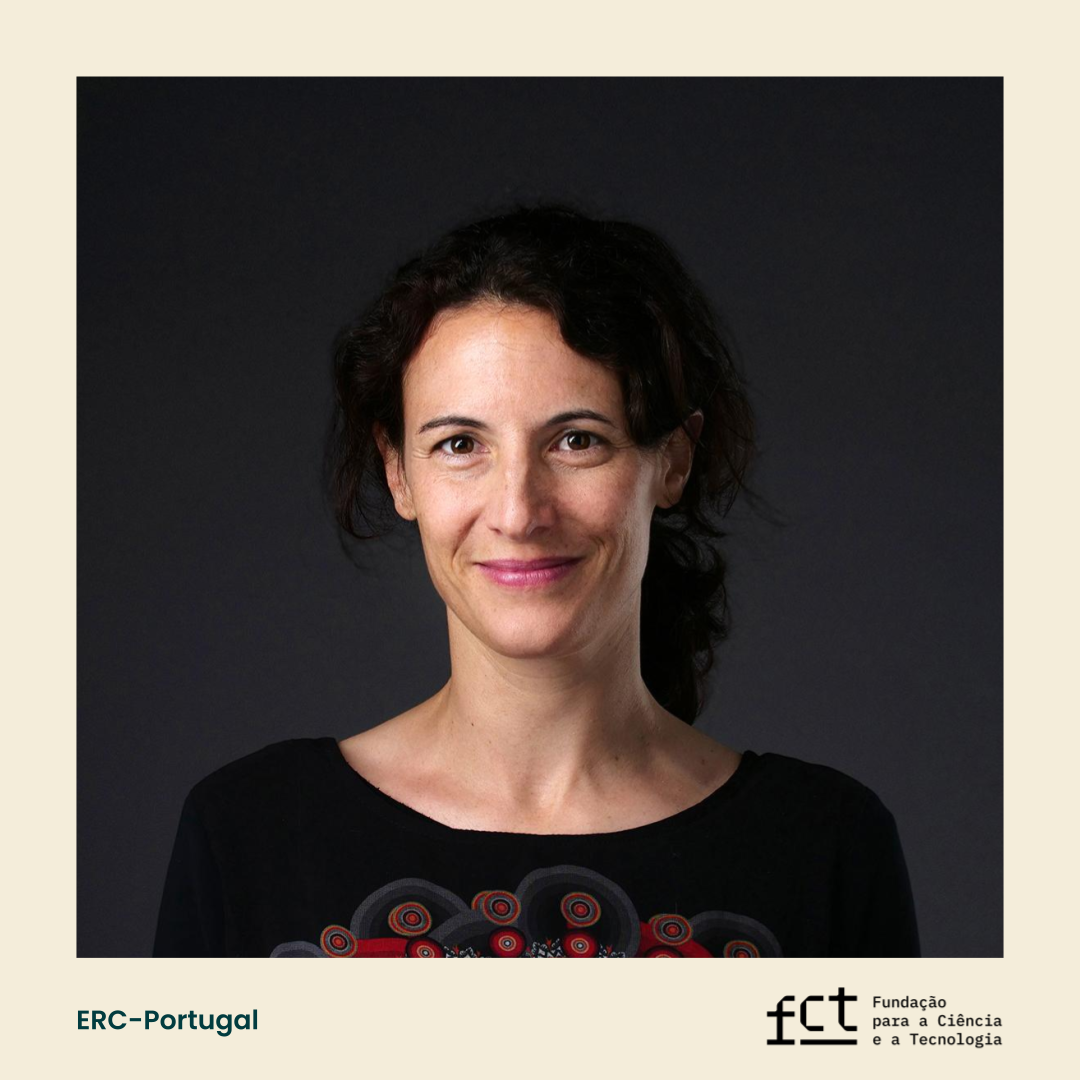Rhiner's project seeks to understand the molecular and cellular circuits that help the brain recover from injuries. Damage to the nervous system disrupts the strongly linked networks of brain cells, leading to drastically altered cellular interactions that are not well understood. The BrainSySTEMic project is set to decode the molecular dialogues disrupted in injured brain tissues and discover new signalling pathways that encourage regeneration and strengthen the brain's ability to bounce back.
FCT’s ERC-Portugal grant provides vital support to top-rated projects like BrainSySTEMic, which, despite earning an excellence label after their final presentation to the European Research Council (ERC) selection panel, could not receive funding due to the ERC’s limited resources.
Using a fruit fly model to study adult brain injury, Rhiner’s team has advanced our understanding of key repair mechanisms in the brain. This approach has revealed a crucial cell-to-cell communication network that activates dormant brain cells that are capable of supplying new cells for tissue repair—a phenomenon observed not just in fruit flies, but also in mammals like mice. The project aims to delve deeper, and to establish how brain injuries change the properties of brain cells and networks, to discover mechanisms of regeneration, and to investigate how such injuries impact the functioning of other organs in the body.
BrainSySTEMic adopts a comprehensive approach to address three key aspects of brain injury and recovery at the tissue and organismal level. The strategy includes:
1 Mapping the molecular changes in different brain cells after injury.
2 Identifying cellular and molecular circuits that promote repair.
3 Exploring how brain injuries affect other organs in the body by tracking signals from the brain that target tissues in the periphery.
Highlighting the broader implications of this research, Rhiner notes, “Brain tissue damage significantly affects the functioning of other organs in the body, but the mechanisms behind this are still a mystery. Thanks to the ERC-Portugal grant, we have the opportunity to study how injury in one organ may impact the function and vulnerability to disease of another organ”.
The project is poised to make significant advances in understanding how the brain communicates with the rest of the body during recovery. Rhiner continues, “With the FCT’s generous support, we can now track molecules the brain releases to instruct other organs. We will employ high-resolution protein-tracing methods in conjunction with our fruit fly model, an excellent genetic system for studying inter-organ communication. Furthermore, early investigations using this model have shown that the fly’s peripheral organs undergo changes akin to those seen in patients after brain injury, highlighting the model’s relevance to human health”.
Rhiner concludes, “The discoveries from BrainSySTEMic are expected to lay foundational knowledge for novel regenerative strategies for both brain and bodily health. This groundwork has the potential to spearhead the development of new treatments that enhance tissue repair, curb chronic diseases, and prevent cancer formation”.
Text by Hedi Young, Editor and Science Writer of the Champalimaud Foundation's Communication, Events & Outreach Team.

